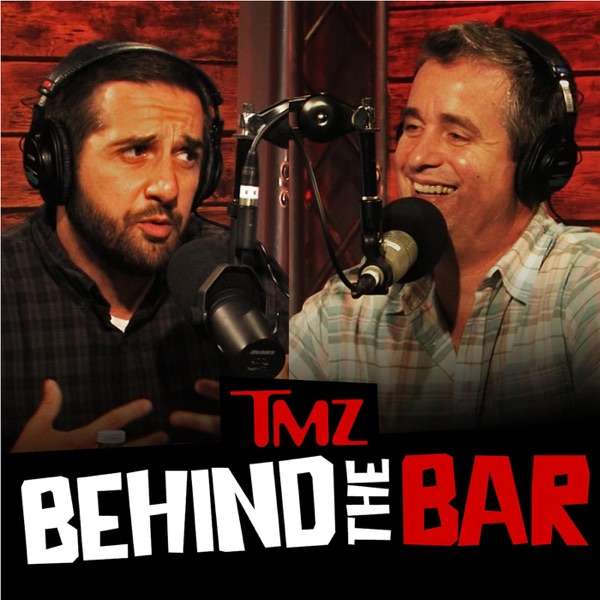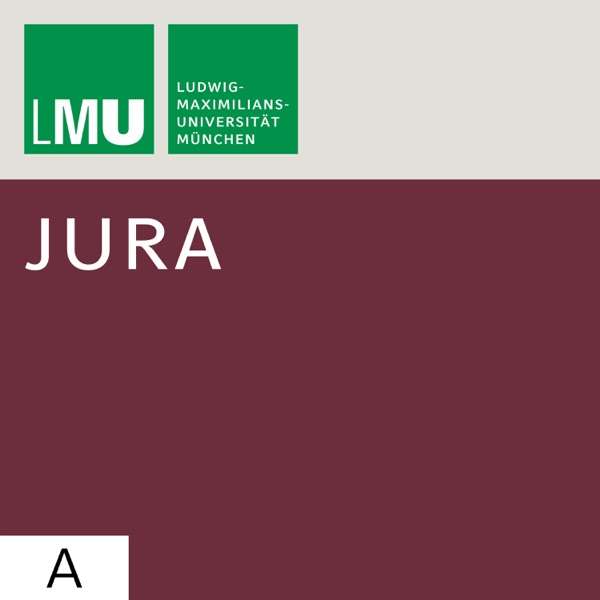A month after U.S. President Donald Trump unveiled his Middle East plan, Israelis went to the polls for a third time in a year. While Prime Minister Benjamin Netanyahu was quick to declare victory, not much has shifted the deadlock from the previous two rounds, and no party is able to form a government yet.
For Diana Buttu, Palestinian human rights lawyer, analyst, and former advisor to the Palestine Liberation Organization (PLO), the contents of the “Trump-Netanyahu plan,” as she calls it, are cause for alarm.
The arrogance that characterizes the deal, which deliberately excludes Palestinians from the conversation, reflects an Israeli “fantasy” that “somehow Palestinians are going to agree to their own subjugation,” says Buttu. That exclusion is compounded by the Palestinian Authority’s failure to effectively respond to the plan, she explains.
The Trump plan has also “showed Netanyahu’s true face,” says Buttu. “It says to Palestinians who are living in the occupied territories, ‘We don’t want you.’ But the plan is also saying to Palestinians who are citizens of Israel, ‘You also don’t belong in the State of Israel, and so we have the right to get rid of you.’
For Buttu, this was one of the reasons Palestinians in Israel voted in even greater numbers this time around. That fact that Netanyahu’s rival, Benny Gantz of the Blue and White party, supports the Trump deal and echoes many of Likud’s policies shows “just how far to the right Israeli society is.”
Despite — or perhaps because of — mounting racist attacks, the Palestinian-led Joint List won a record 15 seats, making it the third-largest party once again. But now, its members must decide how to use this political capital.
Visit +972 Magazine and follow us on Twitter, Facebook and Instagram.
Support +972 Magazine: 972mag.com/donate
The music in this episode is by Ketsa and Unheard Music Concepts.
Support the show

 Our TOPPODCAST Picks
Our TOPPODCAST Picks  Stay Connected
Stay Connected







